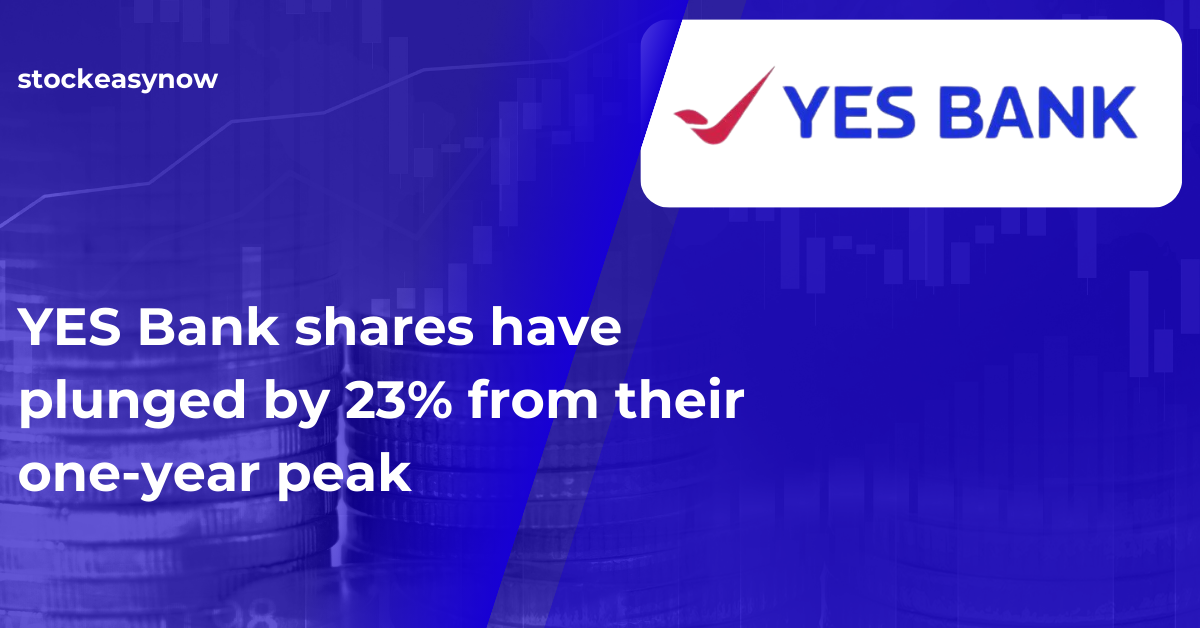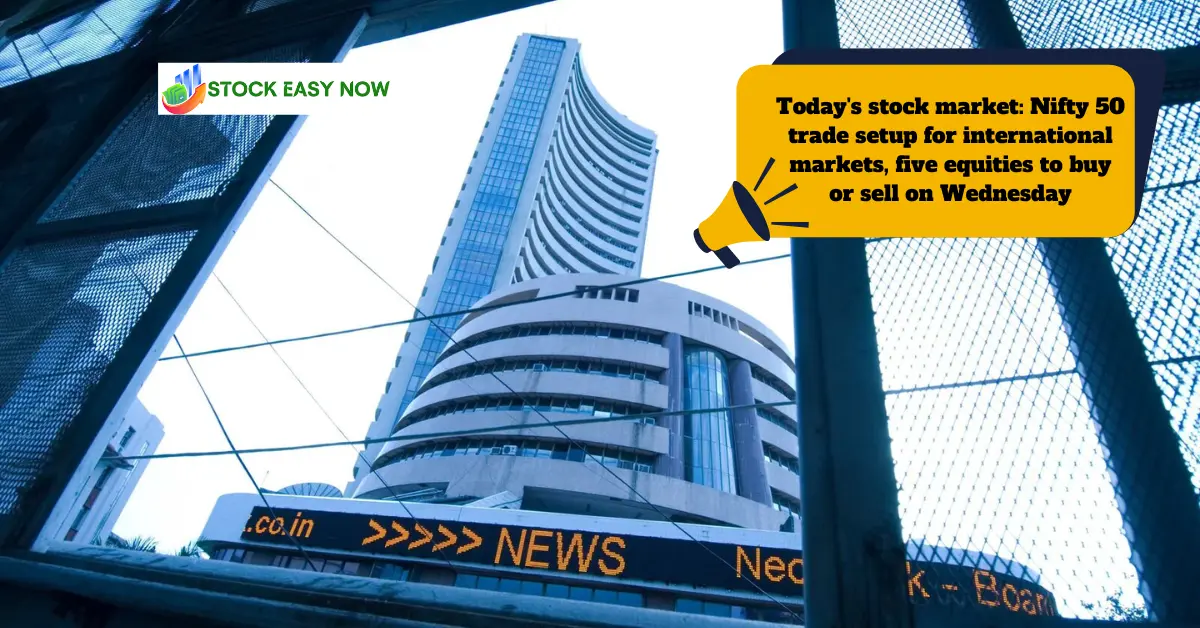YES Bank shares: The stock traded below its 5-day, 10-day, 20-day, and 30-day simple moving averages (SMAs), but remained above the 50-day, 100-day, 150-day, and 200-day SMAs. Its 14-day relative strength index (RSI) stood at 40.40. When the Relative Strength Index (RSI) falls below 30, it signifies oversold conditions, whereas a reading above 70 indicates overbought conditions.
In short
- The company’s stock currently holds a price-to-equity (P/E) ratio of 75.32, while its price-to-book (P/B) value stands at 1.82.
- The private bank achieved an earnings per share (EPS) of 0.35, along with a return on equity (ROE) of 2.42%.
- Recently, YES Bank experienced a couple of bulk deals.
In Monday’s trading session, shares of YES Bank Ltd continued their downward trend, with the stock dropping by 4.27% to reach a day’s low of Rs 25.11. At this price point, the stock has plummeted by 23.47% from its one-year high value of Rs 32.81, which was observed earlier this month on February 9th.
The private lender recently witnessed significant activity in the form of bulk deals. According to BSE bulk deal data, US-based Carlyle Group entity, CA Basque Investments, has divested 39 crore YES Bank shares, equivalent to a 1.35% stake, at an average price of Rs 27.10 per share. As of December 31, 2023, the Carlyle firm held a 6.43% stake in YES Bank, which has now been reduced to 5.08%. Concurrently, Morgan Stanley Asia (Singapore) PTE acquired approximately 30.63 crore shares at Rs 27.10 each, as indicated by BSE data.
According to technical analysts, the stock appeared ‘weak’ based on daily charts. They indicated that support for the stock might be found around the Rs 23 level.
Ravi Singh, the founder of DRS Finvest, commented that the stock seemed weak based on daily charts and could potentially decline towards the Rs 23 level. He also noted that resistance is likely to be encountered near Rs 27.
Shiju Koothupalakkal, Technical Research Analyst at Prabhudas Lilladher, remarked that the stock has undergone a notable correction from its peak level, experiencing significant profit booking. He identified the immediate support level as around Rs 24.60, with the next significant support level anticipated near Rs 22.
AR Ramachandran from Tips2trades expressed his view that the YES Bank stock price appears bearish when analyzed on daily charts, emphasizing a formidable resistance level at Rs 27.35. He further cautioned that a daily closure below the support threshold of Rs 23 might trigger a downward momentum, potentially targeting Rs 20 in the near term.
Read more: https://stockeasynow.com/yes-bank-stock-fell-4-following-a-0-86-equity-transaction/
The stock traded below its 5-day, 10-day, 20-day, and 30-day simple moving averages (SMAs), but remained above the 50-day, 100-day, 150-day, and 200-day SMAs. Its 14-day relative strength index (RSI) stood at 40.40. When the Relative Strength Index (RSI) falls below 30, it signifies oversold conditions, whereas a reading above 70 indicates overbought conditions.
The company’s stock is currently evaluated with a price-to-equity (P/E) ratio of 75.32 and a price-to-book (P/B) value of 1.82. Additionally, the private bank’s earnings per share (EPS) is recorded at 0.35, accompanied by a return on equity (ROE) of 2.42%.
Goldman Sachs highlighted that YES Bank’s fundamentals have faced pressure stemming from a subdued margin profile and the stabilization of credit cost improvements. Consequently, this may result in a low return on asset (RoA) of 0.3% in FY24 (2023-24).
The global investment firm has set a downward target of Rs 16 for the stock.





